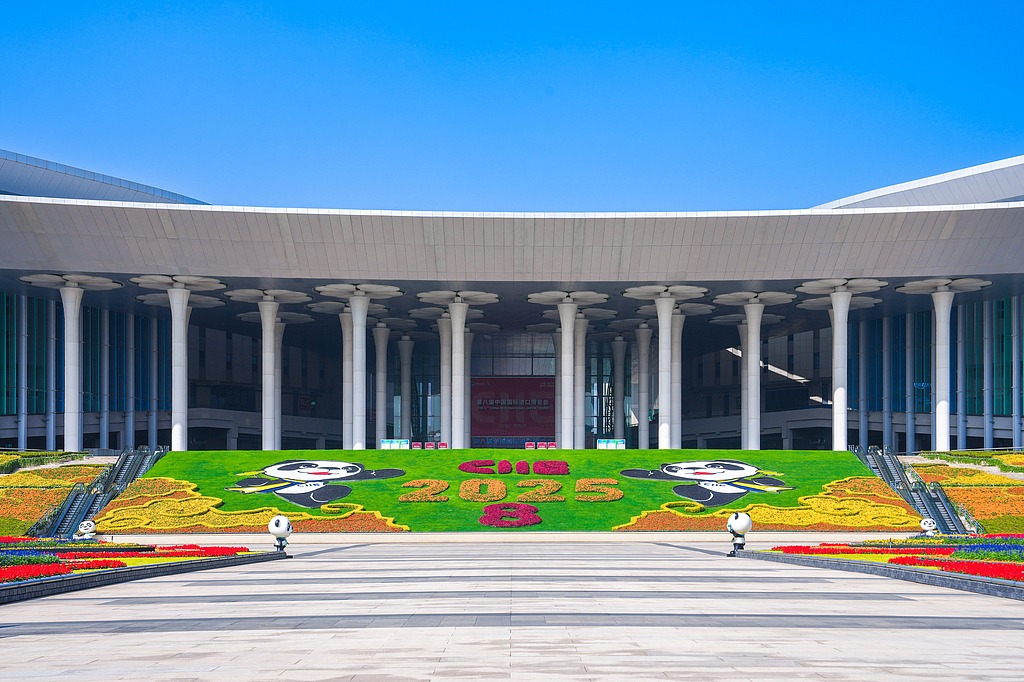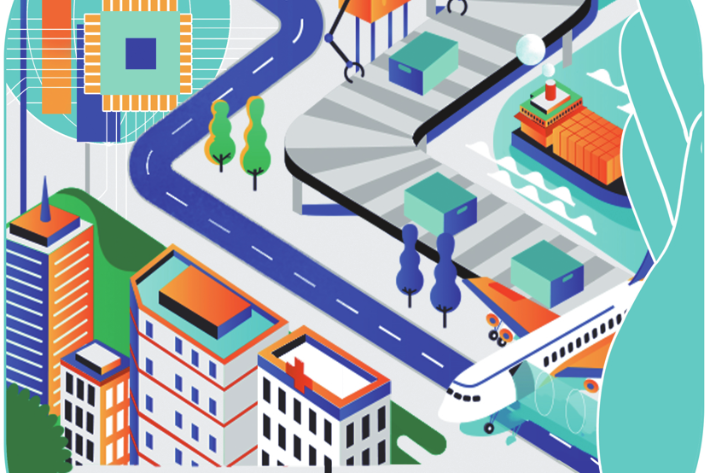India begins bumpy ride on Japanese train

A political game full of the risk of failure
 |
| Mao Keji, a researcher at the School of Social Sciences, Tsinghua University [Photo/China Daily] |
India has good reason to improve its railway system given its large, almost evenly distributed population and under-funded, poorly maintained railway network. To get rid of low capacity and prevent frequent accidents, the Modi government has proposed a "Diamond Quadrilateral" linking Delhi, Mumbai, Chennai and Kolkata with high-speed railways despite people arguing that revamping the old railway system would be more cost-effective and more beneficial to passengers.
Choosing Japan's Shinkansen trains and technology has a lot to do with New Delhi's strategic concerns and Tokyo's more than favorable soft loan. The foreseeable rise of Hindu nationalists has basically ruled out the possibility of employing Chinese high-speed expertise, competitive as it is. Nearly 80 percent of the total project cost will be loaned by Tokyo at a meager 0.1 percent interest rate, with repayment over 50 years, an offer New Delhi can hardly refuse.
Japan, on the other hand, seems set to explore the Indian market despite the money-losing prospect. The success of Japanese automaker Suzuki in transforming India's auto market and creating millions of jobs across the industry starting from the 1980s will not be easy to emulate, though. Indians' demand for motorcycles and small cars is a lot higher than it is for high-speed trains, whose survival largely depends on India's transport policy.
The profitability of the Ahmedabad-Mumbai high-speed line remains questionable. The ticket price could be 50 percent higher than existing higher-class train tickets, and the sophisticated domestic budget airlines provide a good alternative.
Japan and India have no historical beef, yet they have one thing in common: "vigilance" toward China's rise. Despite this, the high-speed train project carries little strategic implications for Beijing, which is in close cooperation with New Delhi in terms of subway systems and normal railway networks. The possible Japan-India infrastructure cooperation near the China-India border, however, is something worth noting.
There is hope that India's first high-speed train project, which covers regions that are among the country's wealthiest and most populous, would bear fruit. Struggling to carry through the 2013 Land Acquisition Act nationwide, Modi has managed to reduce the land acquisition barriers in some states with the high-speed rail proposal and increase his political support there. But the future promotion of high-speed trains would dealt a big blow should the project fail.


































